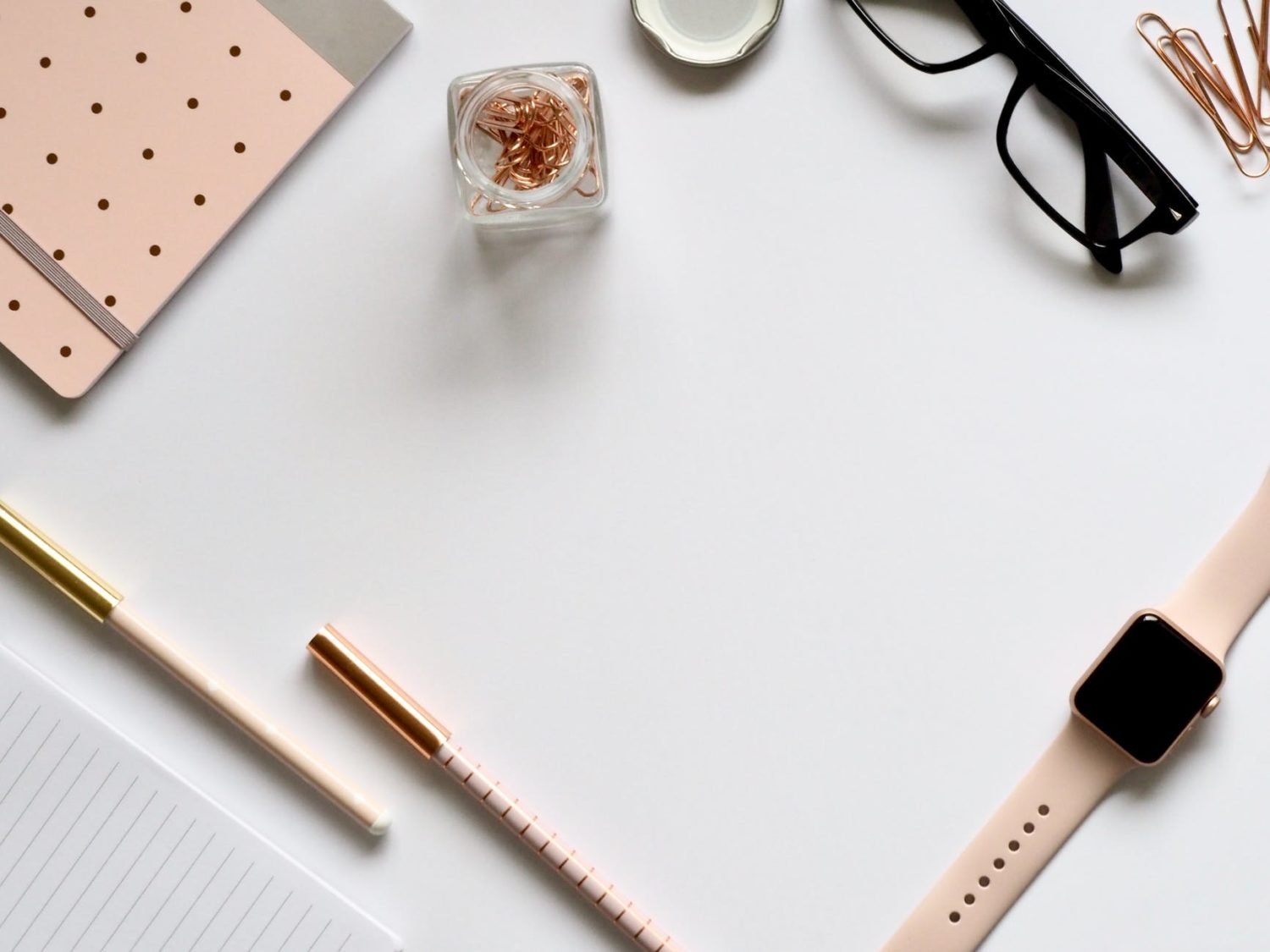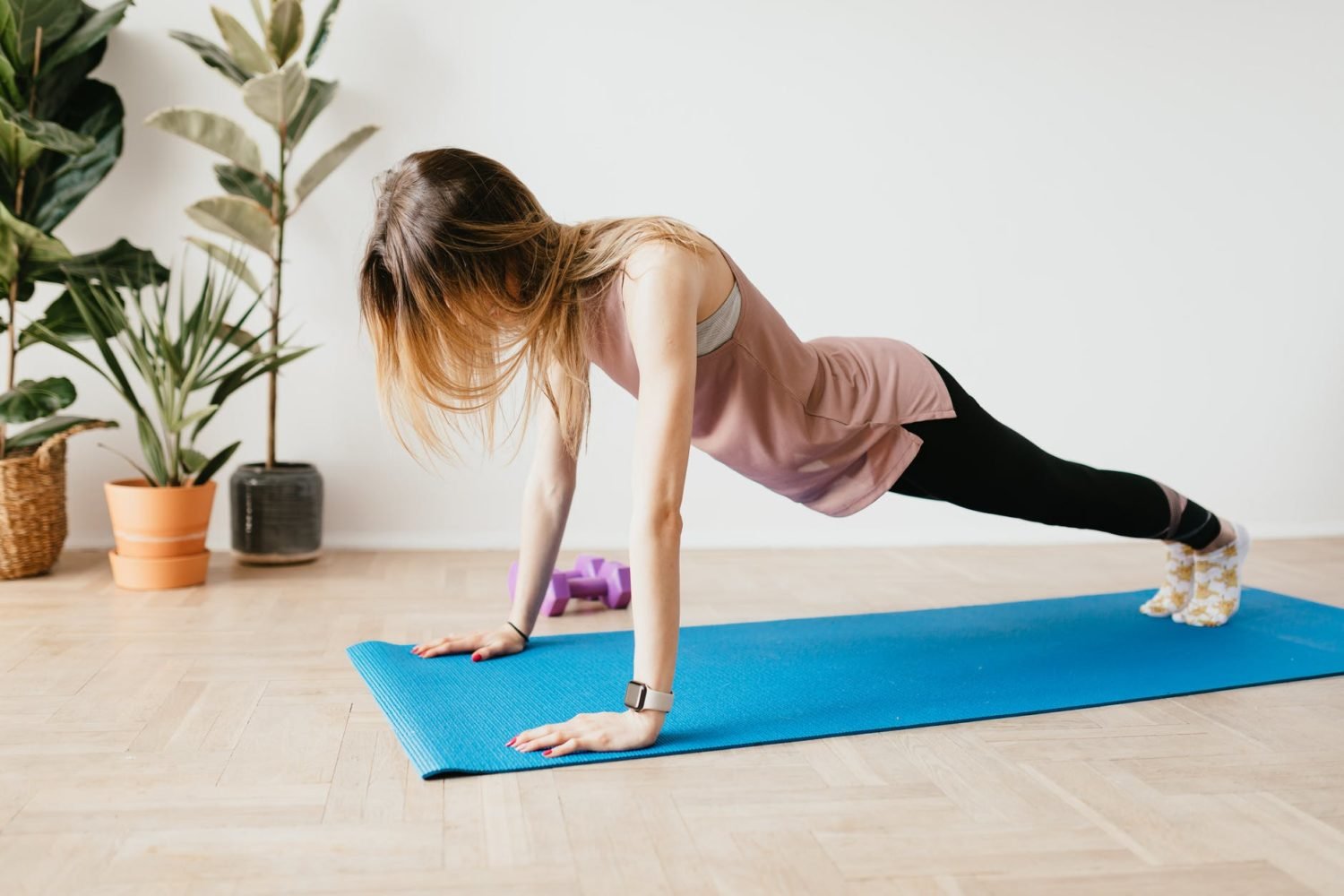Improving our social media and tech habits is something that most of us know we should be doing. And yet, making the change can be so hard. The problem with procrastinating this improvement is that our daily technology habits have a powerful effect on our overall mental health. From social media posting, Netflix binges, and frequent Zoom or Skype meetings, technology has become intertwined with every part of our lives.
It can be exhausting and detrimental to your health if you don’t take control of your tech use and create some boundaries. Here are four habits you can incorporate into your life in this upcoming year for a more healthy relationship with technology.
- Schedule a weekly social media fast
Sure, social media can be a great resource and a way to stay up-to-date with friends and family members But it can also be a mentally exhausting addiction. Many people have seen improvements in their mental health after designating a day off of social media every week. A lot of people already use Sundays as a day of rest and resetting their mind for the upcoming week—use that day for literally anything other than scrolling social media.
“The rules for No Social Sundays are simple: on Sundays, stay off social media. No posting, no scrolling. No Instagram, Facebook, or Twitter. If I break the rules, which I often do, I immediately restart—no shame. No matter how imperfect any No Social Sunday’s practice is, I don’t feel bad about it. These weekly abstinences aren’t graded, scored, or available for anyone else’s judgment,” says outdoors advocate Katie Boué in a recent article for Outside Magazine.
Especially if your job has you sitting in front of a computer all day, dedicate one day every week to be off the grid and away from screens as much as possible. Not only will that decrease eye strain and improve your mood, it will also give you more opportunities to be more physically active throughout the day.Both your mental and physical health will thank you.
2. Backup all of your digital memories
Does the mere thought of having your phone stolen and losing all your contacts, photos and notes make you shiver? Me too. As much as we don’t like to think about it, this sort of thing happens quite often, and losing so much expensive and personal property is sure to put a damper on your 2021 if it happens. And even if it doesn’t happen, not having your devices backed up is sure to prick you with a feeling of fear and anxiety every time you think your phone might be lost. Why not spare yourself the worrying?
The cloud is a great option for people looking for an easy and cheap way to store their photos, videos, and other important files somewhere safe. Keeping a regular backup of all your devices will not only make sure that your data is safe, it gives you peace of mind that even if you lose your phone or your laptop breaks, you don’t lose anything important.
Most tech-savvy people will suggest that for people who use a lot of data or are using their computers to store important documents—think entrepreneurs, small businesses, freelancers, and creative professionals—to use both a NAS device and the cloud to store everything. This is a good data storage practice overall, but is essential for those who rely on their computers for anything other than simply scrolling through Facebook.
3. Download a therapy app
For all of its downsides, technology has become a much needed alternative to traditional limitations in the healthcare system. Therapy apps are a great way to get mental health help if you’re in a pinch for time and money. If COVID-19 still has you worried about meeting people in-person, if your schedule is a little too crazy to make regular therapy appointments possible, or if therapy is financially not an option at this time, therapy apps are a great way to get around those concerns and stay safe.
“Communication has obviously evolved over time as technology changes. There’s a lot of very good data that digitally enabled communication between providers and patients can absolutely be as effective as other means,” says Dr. Seth Feuerstein, an assistant clinical professor of psychiatry at Yale University for a recent Women’s Day article.
Counselling chatbots like Replika and Woebot allow users to text or call an AI “person” if they can’t or don’t want to talk to a real person. These services are transforming the health services industry since people can get help for a lower price than in-person services and can get help anytime they need it.

4. Incorporate a fitness tracking watch to your routine
A lot of people looking to help their mental and physical health swear by their Apple watches or other fitness activity tracking watch. They’re a popular and easy way to keep track of your health by tracking both your daily activities and your long-term progress. If you’re trying to reach a goal of 10,000 steps a day or just want a better overview of your overall health, fitness trackers do that automatically—they can help you track calories, heart rate, sleep schedule, and other important health metrics.
These devices are also a great option for people looking to help their mental health as well. Studies show that mental and physical health are closely related—even 30 minutes of activity during the day can improve your mood, your sleep pattern, and lessen anxiety and depression. Whether you want to lose weight or improve your mental health, fitness trackers can help you look at your health holistically.

Check out some of our other resources for taking control of your technology habits here.
Women Love Tech would like to thank Natasha Ramirez for her article.





